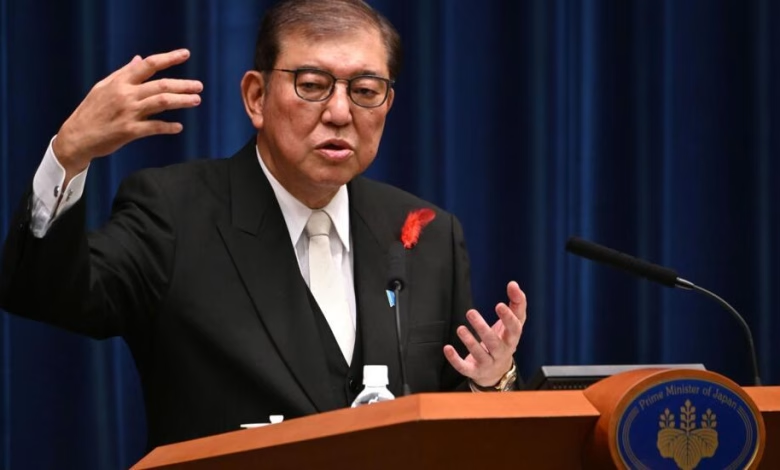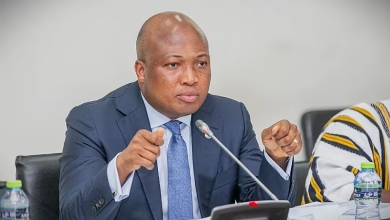Japan PM Set to Unveil ‘Happiness Index’ Plans

- Japan's PM Ishiba to announce a 'happiness index' and economic plans.
- He aims for a snap election on October 27 for regional and low-income support.
- The yen surged post-election but weakened after Ishiba ruled out rate hikes.
- Plans to raise minimum wage to 1,500 yen ($10.22) by 2030.
he upcoming announcement of a ‘happiness index’ in Japan, crafted by both public and private sectors, is expected to be part of Prime Minister Shigeru Ishiba’s broader plans for economic revitalization and addressing the country’s declining population. Ishiba, who was elected as Prime Minister on Tuesday following a closely contested leadership vote within the ruling party, aims to implement policies that resonate with the public’s well-being.
Ishiba, 67, intends to call a snap election for October 27 to strengthen his mandate for proposed initiatives, including enhanced support for regional governments and low-income households. This strategy is designed to garner public approval and demonstrate his commitment to improving living standards.
While it remains unclear how Ishiba’s forthcoming speech will tackle foreign policy issues, reports from public broadcaster NHK and other news outlets suggest that he will reaffirm his commitment to combating inflation. Additionally, he is expected to unveil a new monetary stimulus package aimed at bolstering Japan’s economy.
Following his election as leader of the Liberal Democratic Party (LDP), the yen experienced a surge last Friday due to Ishiba’s general support for the Bank of Japan’s gradual exit from its ultra-loose monetary policies. However, Ishiba’s comments on Wednesday, indicating that the current economic conditions were not suitable for further interest rate hikes, caused the yen to weaken again.
As part of his economic agenda, Ishiba plans to raise Japan’s average minimum wage to 1,500 yen ($10.22) by 2030, up from the current minimum of 1,055 yen. This initiative is part of his vision to enhance per-capita GDP and improve the overall happiness of the populace, reflecting a growing concern for social welfare.
The Prime Minister is also expected to address Japan’s rapidly aging population, which he has termed a “silent crisis” that threatens the nation’s core. This demographic issue poses significant challenges for Japan’s future and requires immediate attention, according to Ishiba.
In addition to these key topics, Ishiba plans to announce the creation of a new disaster management ministry to better prepare for earthquakes and floods, which frequently impact Japan. He will also emphasize the significance of nuclear energy in the nation’s energy strategy, a contentious issue that remains divisive among the public, especially in the aftermath of the Fukushima disaster in 2011.
Takahide Kiuchi, an executive economist at Nomura Research Institute and former Bank of Japan board member, noted that Ishiba’s upcoming speech will likely reflect a strong awareness of the approaching general election. He emphasized that Ishiba’s administration seems focused on consolidating its power and securing a favorable electoral outcome.






